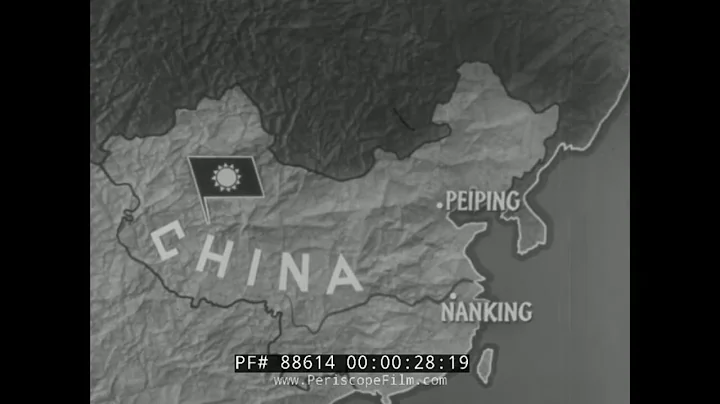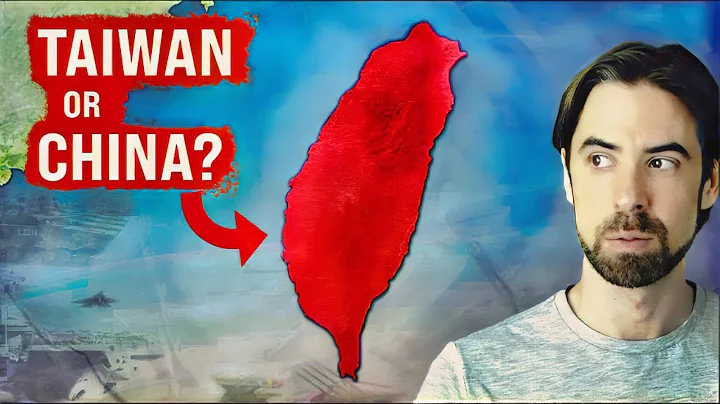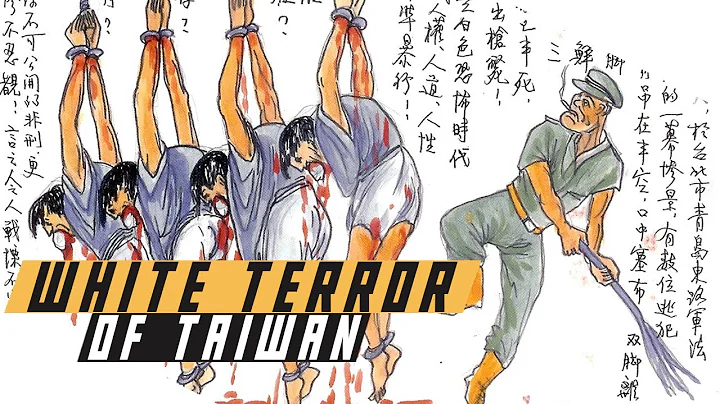In 1949, the Kuomintang completely retreated from Taiwan. From then on, the two sides of the Taiwan Strait entered into a confrontation that lasted for 30 years.
Peace and reunification are the common aspiration of the people on both sides of the Taiwan Strait. With cross-strait exchanges isolated, the chances are slim.
It was not until New Year's Day in 1979 that the publication of " A Letter to Compatriots in Taiwan " brought hope for peace.
Deng Xiaoping keenly grasped this opportunity and entrusted Liao Chengzhi to write an open letter to his "brother" Chiang Ching-kuo . Chiang Ching-kuo also sensed the opportunity.

Chiang Ching-kuo
In 1987, Taiwan announced the opening of visits to relatives from the mainland. Cross-strait people-to-people exchanges are heating up rapidly, but behind the tenderness lies Chiang Ching-kuo's wishful thinking.
Why did Chiang Ching-kuo open visits to relatives? What benefit does this have to him and the Kuomintang?
Classmate Life
Deng Xiaoping and Chiang Ching-kuo were classmates and studied together at Sun Yat-sen University in Moscow. Deng Xiaoping was also the leader of Chiang Ching-kuo's group.
The two have not seen each other since Chiang Ching-kuo became the leader of the Kuomintang.
However, somehow, the two will meet again.
In 1973, Deng Xiaoping returned to the central government, and Zhou Enlai handed over most of the external affairs to him.
The Taiwan issue bore the brunt of the problem, and Deng Xiaoping immediately announced that "reunification by peaceful means will be given priority."
Dawn of Peace

On New Year's Day in 1979, the National People's Congress issued a "Message to Compatriots in Taiwan", indicating that the dawn of cross-strait peace had arrived.
Deng Xiaoping instructed Liao Chengzhi to publish an open letter and call Chiang Ching-kuo, proposing the third cooperation between the Kuomintang and the Communist Party.
However, this open letter fell into disarray. It turns out that in an interview with the New York Times in 1978, Chiang Ching-kuo announced his so-called "Three Nos" policy, declaring that "contact (negotiation) with the Chinese Communist Party is suicidal. We are not that stupid."
He Although he declined Liao Chengzhi's visit, he sensed opportunities in the future.
How can Taiwan be a small place and always have a transcendent status?
Chiang Ching-kuo thought carefully: Beijing is now eager to encourage cross-strait exchanges, which will definitely do more good than harm to Taiwan. If travel and trade develop prudently, Taiwan's image and influence across China will surely be enhanced.
"Middleman" Lee Kuan Yew

In 1979, Deng Xiaoping returned, and Chiang Ching-kuo believed that the time was ripe for cross-strait negotiations. But who will act as the “middleman”?
Chiang Ching-kuo once said, "Lee Kuan Yew has a deeper understanding of cross-strait issues than anyone else." Lee Kuan Yew, Chiang Ching-kuo, and Deng Xiaoping all had similar aspirations, so he naturally became the best candidate.
In 1980, Lee Kuan Yew visited the mainland for the second time. Through him, Deng Xiaoping sent greetings to "my classmate in Moscow" Chiang Ching-kuo.
Chiang Ching-kuo also responded positively. He believed that as Deng Xiaoping promoted economic reform and pragmatic diplomacy, mainland China would become stronger and stronger day by day.
If Taiwan and mainland China are once united, "China's future will definitely have a great future."
On December 19, 1984, the Sino-British Joint Statement was released. This exciting news also injected a boost into the relationship between the two sides.
Against this background, Lee Kuan Yew visited Taiwan in 1986. Chiang Ching-kuo clearly told Lee Kuan Yew that Taiwan's political system reform was already on the way.
Opening up visits to relatives

The following year, after Taiwan lifted the party and newspaper bans, it announced that people on the island would be fully allowed to travel to the mainland to visit relatives.
However, is the opening of family visits really just for cross-strait exchanges? Of course, Chiang Ching-kuo was not a political amateur. He had his own little plans.
The "dramatic changes in Eastern Europe" staged by the United States and Europe in Eastern Europe, Chiang Ching-kuo also wanted to follow the same pattern on the mainland and create a "color revolution".
However, Chiang Ching-kuo passed away the next year.
When Deng Xiaoping heard the news of Chiang Ching-kuo's death, he couldn't help but sigh "If Ching-kuo was still there, China's reunification would not be as difficult and complicated as it is now. The Kuomintang and the Communist Party have had 2 experiences of cooperation in the past. I don't believe in the relationship between the Kuomintang and the Communist Party. There will be no third collaboration. Unfortunately, Jingguo died too early."
In 2013, Lee Kuan Yew talked about his views on cross-strait relations in his new book " Lee Kuan Yew Views the World ". Lee Kuan Yew said, "The reunification of Taiwan and the mainland is a matter of time. This is something that no country can stop."
Although Chiang Ching-kuo did not achieve his goal of transforming the mainland, he allowed Taiwanese people to visit relatives and contributed to the peaceful reunification of the two sides. The merits and demerits will be commented by future generations. Behind every kind of tenderness, there are actually complex considerations, which is where the profoundness of history lies.





















